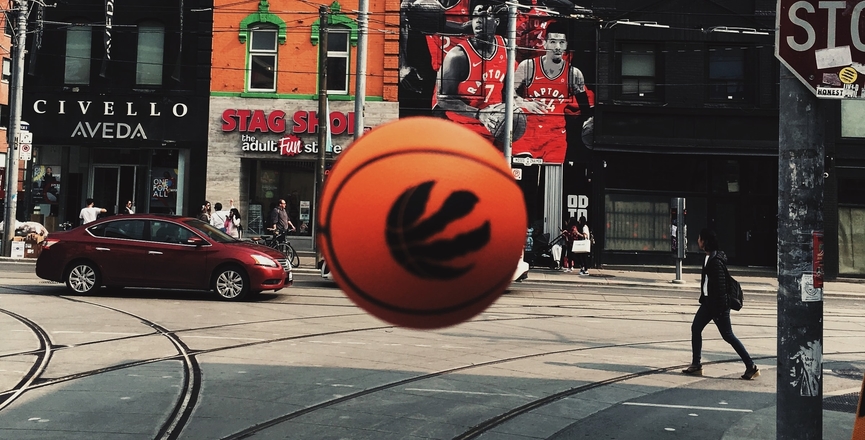I see the athletes’ anti-racist revolt in the U.S. as a remarkable democratic moment, like the Potemkin rebellion of Russian sailors in 1905, or the night of August 4, 1789, when French nobles voted to abolish feudalism. Why?
You can see a political process unfolding in the players’ minds as they work through this. They were well into it when they entered the bubble; the Raptors arrived with Black Lives Matter written on their buses. But they realized that just speaking out is double-edged: it names the evil but defuses the anger. They saw, together, that they needed to move to action — disciplined, not impulsive — to affect reality: the economy, ownership, media, fans.
Pascal Siakam, usually exuberant, pondered how “we just wanted to make a difference” but “it feels like we’re stuck,” and the Kenosha, Wisconsin, shooting proved it.
Raptors’ (white) coach Nick Nurse got the point: “I think there’s enough attention and not quite enough action.”
So did Nazem Kadri, a great yapper himself, out in the hockey bubble: “Eventually words get stale and you need action.”
The action they settled on, collectively, was basically a strike. It’s been called a boycott, but that usually involves consumers; this is about production. They “withheld services,” downed tools, brought the machine to a stop. The Raptors and Celtics broached it, but the Milwaukee Bucks, from the state where the shooting happened, acted first. They walked out.
It was like a wildcat, where workers do it on their own, without permission from the courts or their union. They left the building. It’s a classic tool of spontaneous mass resistance. Now the media wonder if they’ll go back and no one knows, because — it’s democratic!
It’s being unpredictably debated. The poor reporters can’t call their sources to find out what’ll happen because it’s still being decided in real time. This isn’t representative democracy, like elections or parliaments, it’s direct democracy, like Athens. It doesn’t matter whether the Raptors or Bucks had the idea first because — in my experience of these processes — when a solution emerges, everyone agrees to it but no one knows who actually thought it up.
It has historical roots like Colin Kaepernick, just four years ago, taking a knee alone, sticking with it through attacks from people who now kneel too. He was boycotted, ostracized, unemployed — yet look what he started!
It also looks to the future. A reporter said Siakam seemed to despair. No, he was grim, but that doesn’t equal despair. He’s realizing how hard real change is, so no facile optimism. For that, check the Republican convention. He’s learned change isn’t just declarations, but he’s ready to lend it his strength, even if it doesn’t happen until he’s gone. After all, your future, long-term, is in your species, not yourself. His look and tone was more like resolve.
(Will the Republicans’ racism work? It doesn’t matter. The players have moved the issue along to a place it wasn’t before. They’re taking the long view.)
It’s global and intersectional. So the Raptors, Canada’s team, have been pivotal. Their players aren’t just American, they’re African and European; their boss, Masai Ujiri, was assaulted by a racist California cop on what should’ve been his most celebratory night. The players were there. Masai gets Toronto like few others do, as is often true of newcomers here. This has led to global solidarity, a word with historical bloodlines like strike or boycott. Baseball, soccer and tennis all went on strike this week. What’s next — golf? That isn’t even a joke, at this rate.
On Inside the NBA, panelist and former player Kenny Smith said, as if still thinking it through, that out of solidarity he didn’t think he should stay on air. He unhooked his mic and humbly walked away, leaving Shaq and Charles Barkley with solidarity thoughts running uncomfortably across their foreheads. Like the Spanish civil war nearly a century ago, this one is everybody’s problem.
So what’s significant — these spontaneous democratic eruptions among athletes, replete with respect, resolve and sacrifice? Or the Republican National Convention? Don’t answer, it’s rhetorical. When athletes are called role models, as they’ve always been, who ever thought it would come to this?
Rick Salutin writes about current affairs and politics. This column was first published in the Toronto Star.
Image: Joshua Chua/Unsplash




